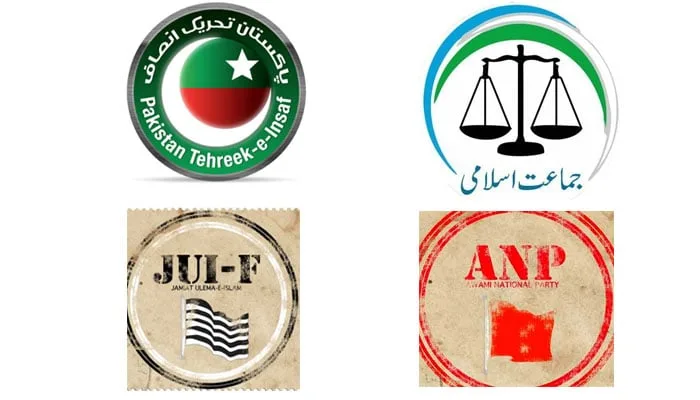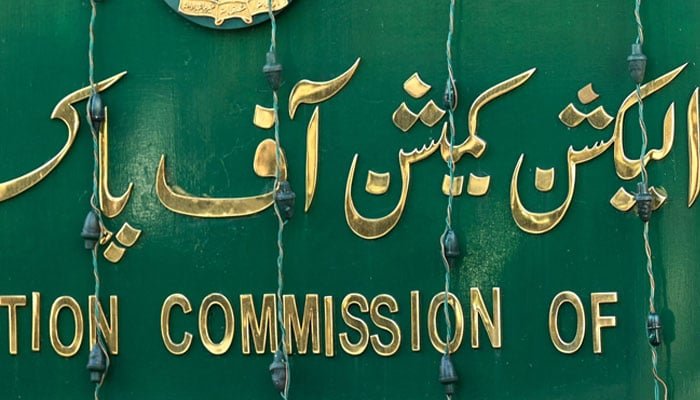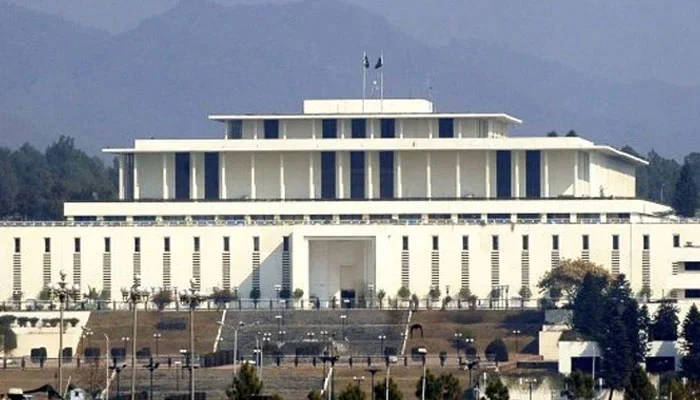In a significant development, Tehreek-e-Insaf (PTI), Jamiat Ulema-e-Islam (F) (JUI-F), Awami National Party (ANP), and Jamaat-e-Islami have collectively voiced their opposition to the recently approved Operation Resolve, an anti-terrorism initiative sanctioned by the Cabinet under the National Action Plan.
Apex Committee’s Decision
The Apex Committee of the National Action Plan, chaired by Prime Minister Shehbaz Sharif, convened to address the ongoing threat of terrorism in Pakistan. The committee resolved to launch Operation Resolve, a comprehensive anti-terrorism effort designed to bolster security and eliminate extremist elements. This decision received Cabinet approval, marking a crucial step in the government’s counter-terrorism strategy.
Opposition from Major Political Parties
Despite the government’s endorsement, key political parties have expressed their dissent. PTI leader Ali Muhammad Khan explicitly stated that no operation would proceed in Khyber Pakhtunkhwa (KP) without the explicit consent of the local populace. This stance underscores PTI’s emphasis on grassroots approval and local governance in matters of security.
Khyber Pakhtunkhwa Information Advisor Barrister Muhammad Ali Saif further emphasized PTI’s position by announcing the convening of a tribal peace jirga under PTI’s auspices. The jirga aims to discuss peace and stability in the tribal districts, reflecting PTI’s commitment to involving tribal leaders and communities in the decision-making process. Barrister Saif also mentioned that the Chief Minister would call an All Parties Conference (APC) following the Aman Jirga to inform political parties about the outcomes and solicit their input.
JUI-F’s Concerns
Jamiat Ulema-e-Islam (F) has also raised concerns regarding Operation Resolve. The party, known for its significant influence in the tribal regions, fears that a military operation without extensive consultation could disrupt the fragile peace in these areas. JUI-F leaders have called for more inclusive discussions to ensure that any anti-terrorism measures have the backing of local communities and leaders.
ANP’s Perspective
The Awami National Party (ANP), which has historically advocated for peace and stability in the Pashtun regions, has similarly opposed the operation. ANP leaders argue that the use of force should be a last resort and that efforts should focus on dialogue and reconciliation with tribal communities. The party’s stance is rooted in a long-standing belief in resolving conflicts through political means rather than military interventions.
Jamaat-e-Islami’s Stance
Jamaat-e-Islami has also joined the chorus of opposition, emphasizing the need for a more transparent and consultative approach. The party has called for the government to clearly outline the objectives and scope of Operation Resolve and to engage with all stakeholders to build a consensus. Jamaat-e-Islami leaders argue that without broad-based support, the operation may face significant resistance and fail to achieve its goals.
Government’s Challenge
The opposition from these major political parties presents a significant challenge for the government. The success of any anti-terrorism operation depends not only on military strategy but also on political and public support. The government must navigate these dissenting voices and work towards a unified approach to counter-terrorism that addresses the concerns of all stakeholders.
Moving Forward
As the government prepares to implement Operation Resolve, it must prioritize dialogue and consultation with political parties, tribal leaders, and local communities. The upcoming tribal peace jirga and the proposed All Parties Conference provide opportunities for building consensus and ensuring that the operation has the necessary support to succeed.
while the decision to launch Operation Resolve marks a proactive step in Pakistan’s fight against terrorism, the opposition from key political parties highlights the complexities of addressing security challenges in a democratic and diverse society. The government must work diligently to address these concerns, foster unity, and implement a strategy that ensures peace and stability across the nation.



